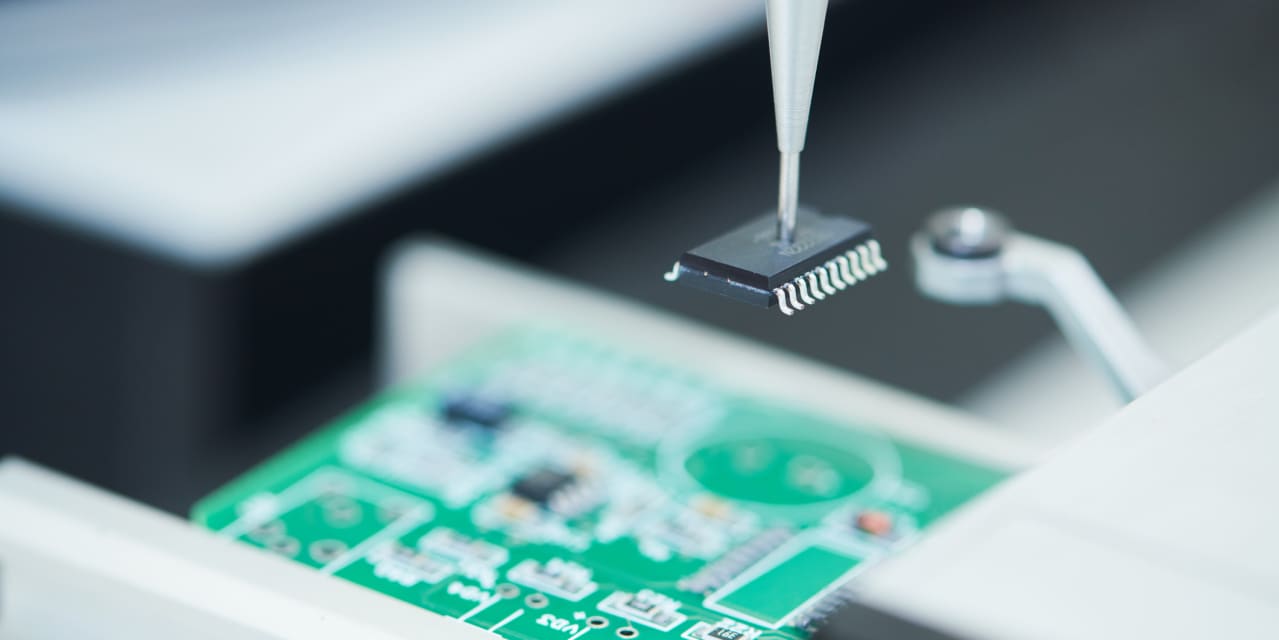First, every technology company wanted to be a player in artificial intelligence. Now, it seems, they all want to be able to make their own AI chips. That looks to be behind why Meta Platforms has just added the chief executive of chip maker Broadcom to its board.
Facebook owner
Meta
said late on Wednesday that it had added
Broadcom
CEO Hock Tan to its board of directors as part of its efforts to build an artificial general intelligence – an AI that could surpass human intelligence in a range of fields.
To some extent the move is only a deepening of an existing partnership – Broadcom has had custom chip design deals with Meta for several years, including before the latest AI boom. In a regulatory filing alongside the appointment, Meta said it spent about $500 million on services from Broadcom in 2023.
However, the appointment underlines the increasing urgency for Big Tech companies to have in-house chip capabilities so they can scale up their AI efforts and reduce dependency on suppliers such as
Nvidia.
Reuters previously reported Meta was planning to deploy a new version of its custom chips, named ‘Artemis’, this year. However, that comes alongside the company’s plan to have 350,000 Nvidia H100 graphics processing units by the end of the year.
Meta shares were up 0.9% in early trading Thursday, while Broadcom was down 0.7%.
The reasons for tech companies wanting to be able to make their own chips were on display Thursday as
Taiwan Semiconductor Manufacturing
—the world’s largest contract chip maker— hit a record high in local trading.
TSMC rose 7.9% in Taiwan as trading resumed after the Lunar New Year holiday. Before the holiday trading break the company had reported a 7.9% rise in January revenue from a year earlier as it gained from demand for AI chips.
American depositary receipts of TSMC were up 0.5%.
The chip frenzy also looks to be spurring merger-and-acquisitions activity. Japanese chip maker
Renesas Electronics
said Thursday that it had agreed to acquire Australian design-software provider
Altium
in a deal worth $5.91 billion. The deal is another sign of Japan’s ambitions to re-establish itself as a significant power in the chip-making sector.
Amid the excitement, it’s worth remembering the chip industry as a whole is only just extricating itself from a supply glut. Rushing headlong into the next phase of investment might set up the industry for a fall further down the road.
Write to Adam Clark at [email protected]
Read the full article here




